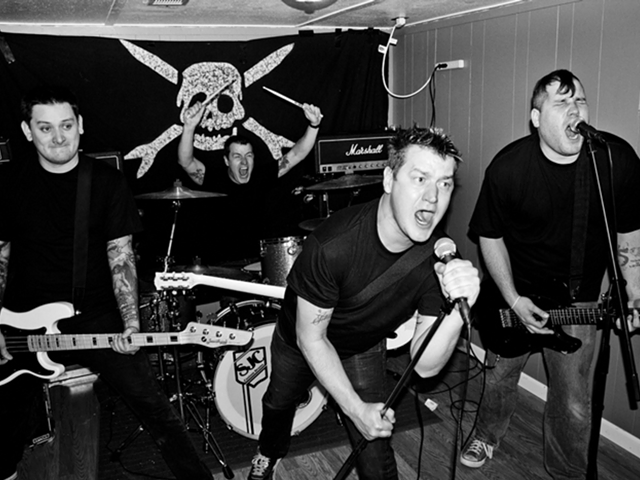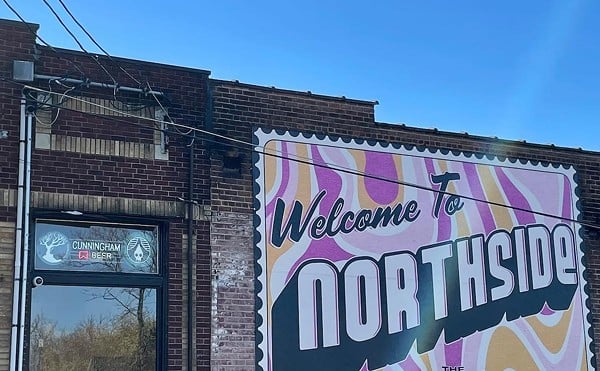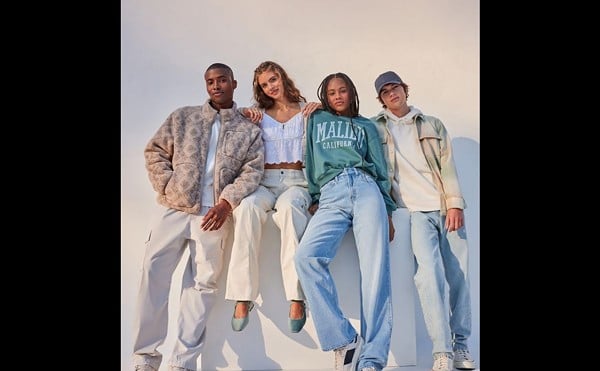When consummate singer/songwriter Nick Lowe played his most famous composition — “(What’s So Funny ’Bout) Peace, Love, and Understanding” — near the World Trade Center site a few years back, he knew the event was special.
“I remember that song on that evening, hearing the echo bouncing off those buildings and thinking, ‘Wow, it’s really something that I’m doing it here,’ ” he said during a recent phone interview.
That reverberation amplified the growth of the song’s meaning and importance, as well as its fame, in the decades since a much younger Lowe first recorded it back in 1974 as a member of British rock band Brinsley Schwarz. (He is now 63.) It has become a moving, inspiring call to action for all who still believe — against the odds — that world peace is achievable. A hopeful song about the future.
But Lowe had something different in mind originally. The song at first was a cri de coeur against changing times, as expressed by a 1960s idealist feeling abandoned by the cultural hardening of the 1970s. That explains the “What’s So Funny” part of the title.
“In the early 1970s, there was a sort of mass disavowal of the hippie ethic,” Lowe said. “A whole mass of people who had been hippies were suddenly leaving the cult in droves and rediscovering booze, alcohol, amphetamine and, I suppose, cocaine. There was this new cynicism.
“I noticed that, probably because I was one of these people,” he continued. “The song originally was written from the point of view of an old hippie, seeing his commune leaving and starting to cut their hair and make fun of him. And he was saying, ‘You can laugh at me all you like, but what’s so funny about peace, love and understanding?’ You can’t argue with it.”
Yet, Lowe acknowledges, the song has a different meaning now.
“The funny thing about being in this line of work is you think you’re writing a song about one thing and a few years down the line you realize it’s about something else,” he said. “It’s almost like you had nothing to do with it — it has a life of its own.”
What happened is that Lowe, after Brinsley Schwarz’s break-up, became a producer (and also artist) for the British Punk label Stiff Records. And one of his chief acts in the late 1970s was a then-new Elvis Costello. Although much of Costello’s early material was self-written, he chose to record an urgently impassioned, slashingly rocking version of Lowe’s composition. It has since become his signature song.
“Elvis, who was a fan of Brinsley Schwarz, pulled it out of the garbage bin and said to me, after I was his record producer, ‘Look, I want to cut this song.’ And he was the one who put that sort of hurt on it that moves everyone so much,” Lowe said.
Lowe had gone on in the late 1970s and 1980s to have a reasonably successful career as a roots-rocker — under his own name and with Rockpile — whose lyrics revealed a sly wit and knack for memorable phrases. He even had a Top 40 hit, “Cruel to Be Kind.” Another of his best-known songs, “All Men Are Liars,” made fun of Rick Astley’s banal 1987 hit “Never Gonna Give You Up” decades before the popularity of “rickrolling” by rhyming “Astley” with “ghastly.”
“At the time I wrote it, that song used to drive me round in twists because it was on everywhere and it was so irritating, so I wrote that little verse,” he explained. “Now, when I occasionally do that song, people nudge each other and say, ‘Here it comes, he’s going to say it,’ and when it comes to that part they just roll in the aisles laughing, holding their sides helpless, kicking their legs with laughter. And I think, ‘Bloody hell, that’s not particularly funny.’ I feel bad I’m responsible for, at the moment, making fun of this poor bloke to whom I bear no real animosity — certainly not any more.”
By the late 1980s, Lowe had grown tired of the way loud drumming was dominating melody in Rock music. As he got older he also worried about endlessly repeating his younger self. In 1992, an American singer-songwriter name Curtis Stigers — whom Lowe didn’t know — recorded a version of “Peace, Love, and Understanding” for the million-selling The Bodyguard soundtrack. The big paycheck came just as Lowe was recording in a new direction — still-smart songwriting and phrasemaking, but with a musically quieter, more lyrically personal and overall heartfelt approach.
The album that followed, 1994’s The Impossible Bird, introduced a new Lowe and some of its songs, especially “The Beast in Me,” have also become classics. (“Beast” was covered by Johnny Cash, at one time Lowe’s father-in-law when he was married to Carlene Carter.)
“With this massive financial injection, it enabled me to plow my own furrow and do things the way I wanted to see them done,” Lowe said. “I had already made the first of what I thought of as my new records and it was a conscious change of pace for me. That enabled me to tour it in the U.S., where my main audience was and where I was in danger of losing touch, with the guys who played on it. Without it, I don’t know what I would have done.”
Albums in the same vein, all gems with elegantly understated songs and wise, tender singing, have followed — the latest was last year’s The Old Magic.
When Lowe learned he was going to be interviewed by a Cincinnati newspaper, he had one question for the reporter — had I seen Danny Adler recently? (The answer was no.) The Cincinnati native, a powerful Blues Rock guitarist, moved to England in the 1970s where his band Roogalator were in the lively Pub Rock scene. The group was one of Stiff Records’ first signings — its 1976 single “All Aboard”/“Cincinnati Fatback” was just the label’s third release. (Lowe’s “So It Goes”/”Heart of the City” was the first.) Adler eventually left England and now lives in Ironton, Mich., but visits Cincinnati.
“He’s a great cat,” Lowe said, adding that Adler had come to an Ann Arbor show about a decade ago. “I always hope I’m going to run into him again on one of these tours. I was a fan of the band and used to see them play.”
NICK LOWE plays 20th Century Theater Tuesday with Eleni Mandell. Visit www.jbmpromotions.com for tickets.






